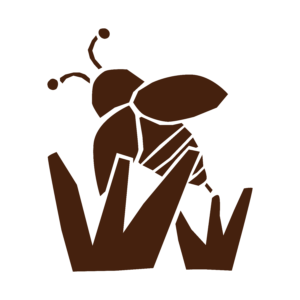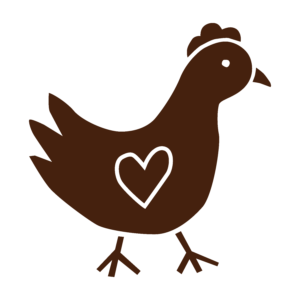We want companies to stop cutting down forests and clearing savannahs to grow feed for livestock and other commodities such as unsustainable palm oil. Governments need to protect these natural resources and penalize companies that are destroying them. Governments and businesses also need to put in place measures that will reduce the demand for these products, for instance incentivizing consumers to eat less soy-fed meat or food that is made using unsustainable palm oil.
Why does this Action 4 Change matter?
Biodiversity is the wondrous variety of life on earth. From plants to animals and the ecosystems in which they live, diversity of wildlife is essential for the planet’s health and essential for our survival. Without insects to pollinate plants, for example, we would be unable to grow food. The way we’re using our land and oceans to produce food is doing damage to the earth’s natural resources. There are 28,000 species at risk of extinction in the world today and 86% of these species are directly threatened by agriculture.
Cutting down forests to make space for farming removes the trees that absorb carbon dioxide (which helps combat global warming) and destroys the habitats in which millions of animal species live. We must protect our forests and encourage new trees to be planted across the globe
A diverse range of life on earth is what sustains the planet’s health, so when we grow too much of a single plant, we damage the wealth of different wildlife. Palm oil, for example, is in high demand – it’s used in nearly 50% of all packaged goods. We are cutting down diverse forests to farm lots of palm oil instead.
Much of this land-use conversion is driven by our demand for meat and dairy. 88 billion animals are slaughtered each year, and the demand is rising. Already, Livestock farming release 14.5% of global GHG emissions. We need to reduce the amount of meat and dairy we eat globally and turn to diets consisting of more whole grains, fruits, vegetables, nuts and legumes.
Youth in Action:
Lana Weidgenant is a youth climate activist from Brazil whose dedication to activism comes from hearing stories depicting the destruction of the Amazon rainforest and how deforestation is having devastating effects on her homeland. After learning about this injustice, Lana became passionate about the issues of unsustainable animal agriculture as well as factory farming that harms the planet, people, and animals. These harmful practices are spreading across the world, and the urgency of our climate and biodiversity crises is at maximum levels.
Lana knew she had to take action. She decided to focus her efforts on food and climate action, campaigning for governments to support people to adopt a more sustainable and plant-based diet. Lana’s campaigning has led her to be at multiple UN summits and Climate Change Conferences (COPs). She was angered by the amount of meat and dairy products on offer at these international events and so set-up Food@COP, a youth-led campaign pushing for healthy and sustainable diets to be on the agenda and on the menus. At COP26 they asked for organizers to provide attendees with climate friendly food (low emission foods and plant-based options). As a result, COP26 catering served a menu that was 40% plant based. On top of Food@COP, Lana has led successful campaigns for the implementation of plant-based options in over 18,000 locations such as Dunkin’ and Starbucks. Lana believes that to make livestock farming more sustainable, changing the ‘how?’ is not enough to keep us within planetary boundaries, we also need to change the ‘how much?’. She passionately believes that a reduction in the production and consumption of livestock is necessary (particularly from high-income countries) to maintain a livable future for youth and to reach an end to deforestation that is harming local communities in countries such as Brazil.

We can all lend a hand to stopping deforestation, through our individual actions and through our advocacy. Individually you can avoid buying products linked to deforestation such as imported red meat and encourage your friends and family to do the same. You can also spread awareness through social media, your climate action, and to your politicians
Lana Weidgenant


